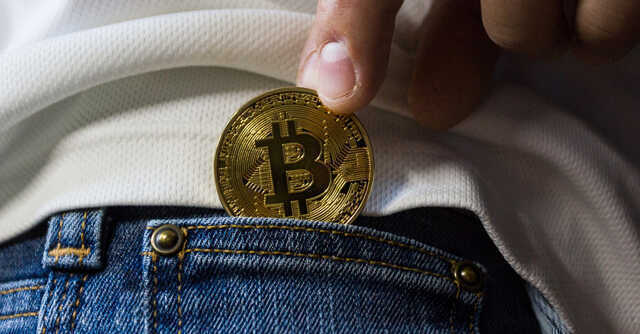
India set to get flurry of new crypto tokens, experts call for caution


The Indian cryptocurrency ecosystem is set to get a flurry of new tokens in the coming months. While short video platform Chingari and Bollywood-focused platform BollyCoin have set the ball rolling in association with Bollywood superstar Salman Khan, experts say much crypto tokens will soon be adopted by many other sectors.
Companies in India are already building everything from financial services applications to video-conferencing tools that will be powered by blockchain and cryptocurrencies.
According to Pareen Lathia, co-founder of a crypto incubator called Buidler's Tribe and ex-AVP of Marketing at crypto exchange WazirX, there are currently three major use cases of a token right. The first is to raise funds, which can be used for hiring, marketing, etc. The second is utility tokens, which are traded on exchanges and also power their respective blockchains. The third is called a governance token, which allows companies to give token holders a say in the company’s decision-making.

Lathia said the first is the most common use case today and companies have been reaching out to him over the past week to launch their own tokens. He added that two companies with 150 million users each have shown interest, as have a plethora of ad agencies and companies that run marketplaces like social commerce, e-commerce etc.
Crypto exchange WazirX also lists no less than six Indian crypto tokens already.
Mansi Jain, vice president and general manager of live commerce platform Roposo, told Mint last week that the company has been watching the crypto space with interest as well. On October 6, homegrown Biconomy became the first Indian company to list a token on Coinlist, one of the most trusted token listing sources online.

Unlike Chingari or BollyCoin, Biconomy’s token, BICO, is meant to power the company’s growing network.
Biconomy is a transaction platform that simplifies transactions across different blockchains and helps other developers simplify onboarding experiences. On its own, the company would have to host the entire computing power required for processing these transactions by itself. It’s launching the token in order to help scale the backend faster.
“Our token is going to be a work and governance token, where different stakeholders who can stake Biconomy tokens as a security and relay all the transactions and get fees on top of it. It also helps governance aspects of the network,” said Aniket Jindal, founder of Biconomy. “It helps us scale further by getting different stakeholders involved in the network. It gives the power back to the community by involving more of them on the network,” said Aniket Jindal.

Similarly, a six-month old startup from India is building a mechanism that uses crypto tokens to measure customer loyalty. The company, whose founder asked for the firm and himself not to be named because it’s at an early development stage, said it is already working with creators overseas. The company provides a software-as-a-service, which allows influencers to gauge loyalty of their followers and create premium content specifically for them.
“The best tokens are the ones that have no financial value attached to them,” the founder quoted above said. Followers won’t be able to trade their tokens on an exchange, but they will be able to access premium content using them.
That said, not many understand that crypto tokens should not be viewed in isolation -- they are integral to the operation of a blockchain platform, which is the technology that powers cryptocurrencies. For example, the ETH token powers the Ethereum platform, and is used to reward those who help build the Ethereum community worldwide.

But not everything about crypto is rosy. Other than the regulatory uncertainty around cryptocurrencies in countries like India, Lathia cautioned that a lot of the new crypto tokens being launched today will also fail in the long run.
For instance, the Chingari whitepaper says that the company’s new $GARI tokens will be used for e-tailing, which is the direct buying of goods from a creator’s videos or profile. “You’re using it as a medium of exchange, which is completely illegal in India. You can use it as a utility token, which is like cashbacks or Starbucks points, but using it as a medium of exchange isn’t being done even by (platforms like) Twitter,” Lathia explained.
“Most companies that are talking to us are looking to raise money through tokens. That’s the reality. They want to raise some millions with these tokens and then figure out what to do with them,” he said, cautioning, “They’re going to sell a bunch of tokens, and eventually retail investors are going to pay the price for it."

